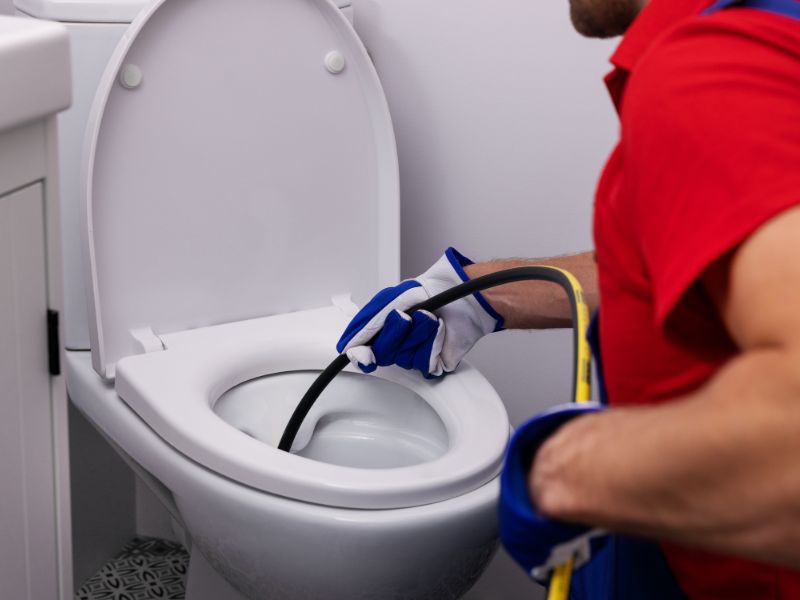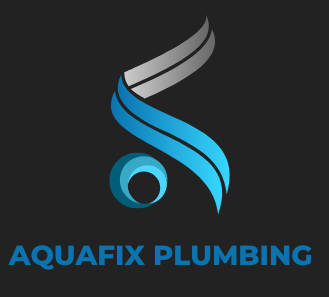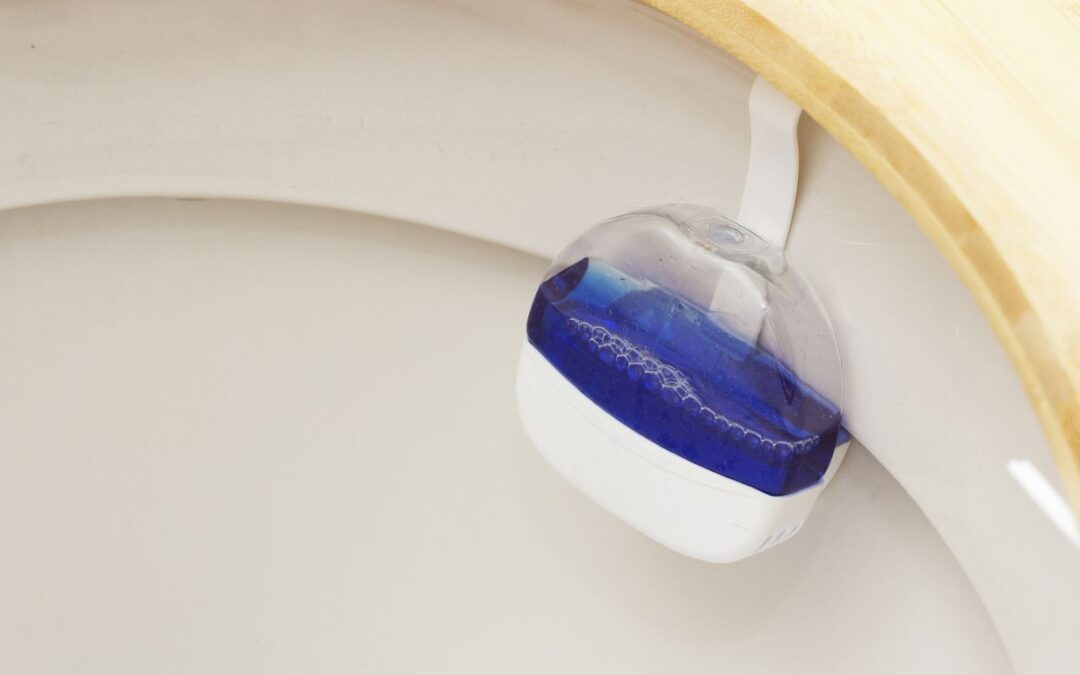How to unblock a badly blocked toilet
1. Excessive Toilet Paper: The Classic Culprit
Too much toilet paper is the number one cause of blockages. Even if it’s technically flushable, excessive amounts can overwhelm your toilet’s plumbing.
Signs
- Slow draining water after flushing
- Water level rising unusually high
The Fix
- The Plunger is Your Friend: A good old-fashioned plunger can work wonders. Make sure you get a good seal and plunge vigorously.
- Wait it Out: Sometimes, a minor blockage will clear on its own. Give it a few hours and try flushing again.
2.Foreign Objects: A Toilet is Not a Trash Can
Common Culprits
- Kids’ toys
- Sanitary products (never flush these!)
- Dental floss
- Hair ties
The Fix
- Safety First: If you can see the object and it’s within reach, put on rubber gloves and try to retrieve it.
- The Plunger (Again): If the object is further down, try plunging.
- The Snake: For stubborn blockages, a toilet auger (also known as a snake) can dislodge or retrieve the object.
- Call a Plumber: If all else fails, it’s time to call in the professionals.
3. Flushing Non-Flushable Items: Read the Label
Just because something says “flushable” doesn’t always mean it is, especially in older plumbing systems.
Non-Flushable Items
- Wet wipes (even the “flushable” ones)
- Paper towels
- Cotton balls
- Cat litter
- Cooking grease
Prevention is Key
- Have a small trash can next to the toilet for non-flushable items.
4.Clogged Pipes: The Hidden Menace
Over time, pipes can become clogged with buildup from soap scum, hair, and other debris. This can lead to slow draining toilets and eventually complete blockages.
Symptoms
- Multiple drains in the house are slow or blocked.
- Gurgling sounds from the drains.
The Fix
- DIY: Try using a drain cleaner or a mixture of baking soda and vinegar followed by hot water.
- Professional Help: For severe clogs or recurring issues, a plumber can use specialized tools to clear the pipes. In Durban, with its mix of old and new plumbing, it’s important to consult a plumber familiar with the local infrastructure.
5. Low Water Levels: The Weak Flush
If your toilet isn’t flushing with enough force, it can lead to incomplete waste removal and potential blockages.
Causes
- Leaky flapper valve
- Incorrectly adjusted water level in the tank
The Fix
- Check the Flapper Valve: Make sure it’s sealing properly. If it’s worn or damaged, replace it.
- Adjust the Water Level: The water level in the tank should be about an inch below the overflow tube.
6.Sewer Line Issues: The Big Problem
If you’re experiencing multiple blocked drains or sewage backups, the problem could be with the main sewer line.
Signs
- Sewage backing up into toilets, sinks, or bathtubs
- Foul odors coming from the drains
The Fix
- This is a Job for a Professional: Sewer line issues require specialized equipment and expertise. Contact our plumbers in Durban to diagnose and repair the problem on 072 641 3447
7. Broken Toilet Parts: The Internal Malfunction
Sometimes, a blockage isn’t caused by something you flushed, but rather by a broken component within the toilet itself.
Common Culprits
- The flapper valve
- The chain that connects the handle to the flapper
- The handle itself
The Fix
- Identify the Problem: Open the tank and inspect the various parts. Look for signs of wear and tear or damage.
- Replace the Broken Part: Most toilet parts are readily available at hardware stores and are relatively easy to replace.
8 Hard Water Buildup: The Durban Dilemma
Durban’s water is known for its high mineral content, which can lead to buildup in your toilet bowl and pipes, contributing to blockages.
Effects
- White or yellowish stains in the toilet bowl
- Reduced water flow
Solutions
- Regular Cleaning: Use a toilet bowl cleaner specifically designed for hard water stains.
- Vinegar Soak: Pour vinegar into the bowl and let it sit for a few hours or overnight to dissolve mineral deposits.
- Consider a Water Softener: If hard water is a major issue in your home, a water softener can help prevent buildup in your pipes and appliances.
9. Poor Toilet Design: The Flawed Flush
Some older toilets, especially those with low-flow designs, may not have enough flushing power to clear waste effectively.
Recommendations:
- If you’re experiencing frequent blockages, consider upgrading to a newer, more efficient toilet model.
- Look for toilets with a high MaP score, which indicates their ability to flush waste effectively.
10. Tree Roots Intruding Pipes: The Natural Invader
In Durban’s lush environment, tree roots can sometimes infiltrate sewer lines in search of water and nutrients, causing blockages and damage.
Signs
- Slow drains
- Gurgling sounds
- Sewage backups
Solutions:
- Professional Help: Tree root intrusion requires specialized equipment and expertise to remove the roots and repair the pipes.
We’ve all been there – the dreaded toilet block. It’s inconvenient, messy, and can even lead to bigger plumbing problems if left unaddressed.

How to unblock a totally blocked toilet?
Toilet Blockage Solutions
• Use a flange plunger for optimal suction. Submerge the plunger's head in water and plunge vigorously.
• If plunger fails, use a drain snake or auger. The snake can reach deeper into the drain to dislodge blockages.
• Avoid chemical drain cleaners as they can be harsh on pipes. Follow instructions carefully and avoid mixing different chemicals.: When should I call a plumber in Durban for a blocked toilet?
If you've tried all the DIY methods and the toilet is still blocked, it's time to call a professional plumber. Also, if you suspect the blockage is caused by tree roots or a problem with the sewer line, you'll need a plumber's help.
How often should I have my plumbing checked in Durban?
It's an excellent idea to have our professional plumbers inspect your system every few years, especially if you have an older home or have noticed any recurring issues. This can help identify potential problems before they cause major blockages or damage.


Recent Comments